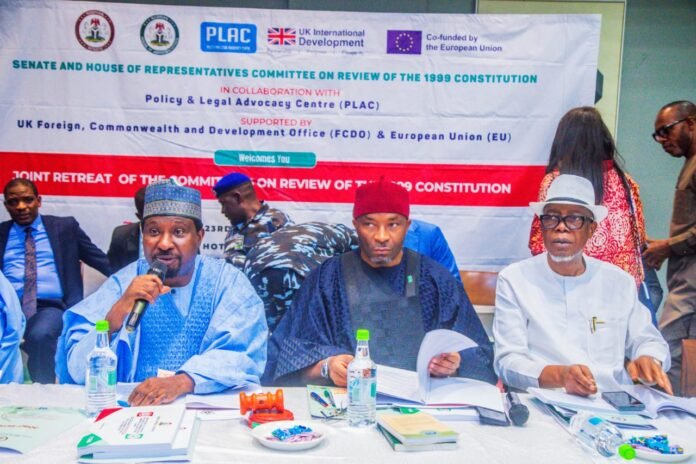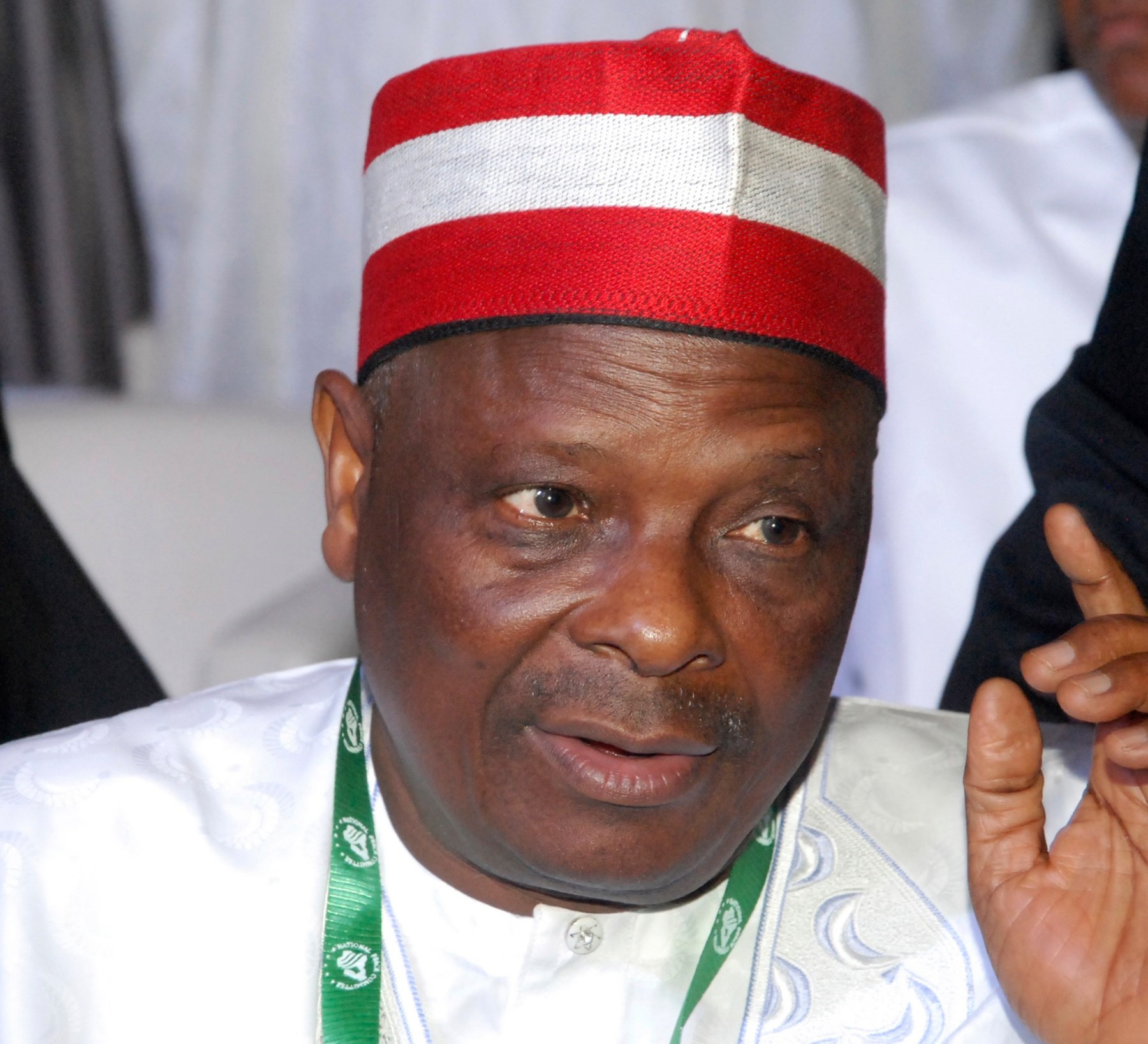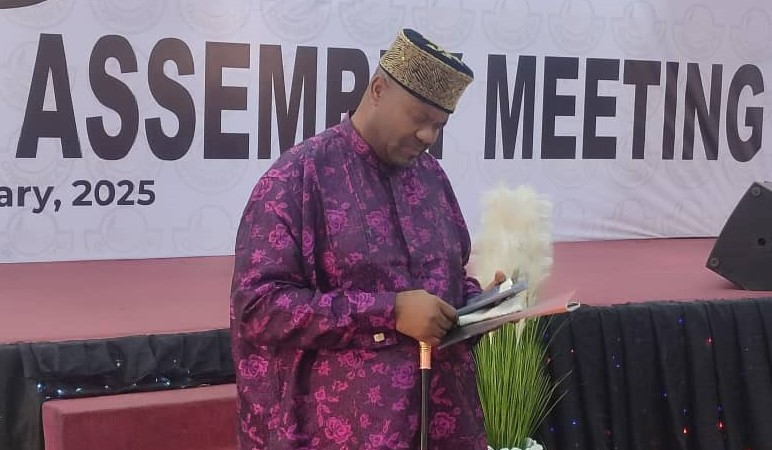In a historic move, the Joint Committee of the Senate and House of Representatives on Constitution Review has approved the creation of an additional state in the South-East, increasing the region’s total to six.
The decision emerged after a two-day retreat in Lagos, where lawmakers reviewed 55 proposals for state creation nationwide.
Currently, the South-East has only five states, fewer than other geopolitical zones, which typically have six or seven.
Deputy Senate President Barau Jibrin, who chaired the session, and Deputy Speaker of the House of Representatives, Benjamin Kalu, co-chaired deliberations that saw broad support for the move.
Kalu, a longstanding advocate for the additional state, said the proposal was rooted in “equity, justice, and fairness”.
Unanimous Support for New State
Committee members took turns discussing the proposal, all speaking in favour of granting the South-East an extra state.
Senator Abdul Ningi (Bauchi Central) moved the motion for its creation, seconded by Ibrahim Isiaka (Ifo/Ewekoro, Ogun State). The motion received unanimous support and was formally adopted.
The joint committee also established a sub-committee to examine other proposals for new states and local government areas across the country.
A total of 278 submissions were received, highlighting the wide-ranging demand for restructuring.
Senator Jibrin urged colleagues to build consensus among their peers in both chambers of the National Assembly and state assemblies to ensure smooth approval.
“By the time we get to the actual voting, we should already have the buy-in of all stakeholders — from both chambers and the State Houses of Assembly,” he said.
The move is expected to ignite fresh debates about resource allocation, political repr
Constitutional Process of Creating States
However, the legislative nod for the state creation is an important, but one of several important steps to actualize the dream.
Section 8 of Nigeria’s constitution outlines the procedures and requirements for the creation of new states.
It stipulates that the process must begin with a formal request signed by at least two-thirds of the elected representatives (Senators, members of the House of Representatives, and members of the State House of Assembly) from the area seeking the new state.
According to Section 8(1)(b), the proposal must then be approved in a referendum by at least a two-thirds majority of the people in the area demanding the new state.
Under Section 8(1)(c), the outcome of the referendum must subsequently be endorsed by a simple majority of all the states in the federation, supported by a simple majority of members of the State Houses of Assembly.
This means that the referendum must receive approval from at least 19 states and not less than 51 per cent of state lawmakers nationwide.
Finally, Section 8(1)(d) requires that the proposal be approved by a two-thirds majority of members in each chamber of the National Assembly.
Once these steps are completed, the resolutions are transmitted to the President for final assent.
The joint committee had earlier pledged to conclude the constitution review process and transmit its final recommendations to state Houses of Assembly before the end of the year.
Since Nigeria’s return to democratic rule in 1999, the 1999 Constitution has faced widespread criticism for being outdated in light of the nation’s technological, social, and political evolution.
Although the National Assembly has amended the document five times, many proposed changes have been rejected by state legislatures.
Do you support or opposed to the creation of additional state in the South East, and why?
Rate, Like 👍, Comment 💬, Share this article, Follow us on our social media handles, and Submit your own story to get featured and earn rewards!








